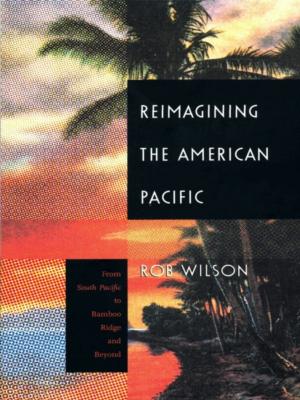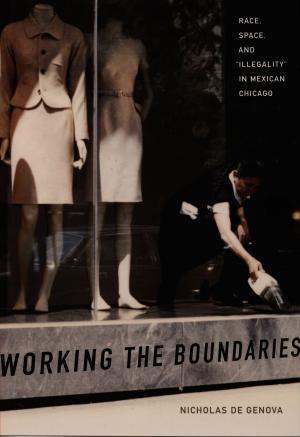Anthropos and the Material
Nonfiction, Science & Nature, Nature, Environment, Environmental Conservation & Protection, Social & Cultural Studies, Social Science, Anthropology| Author: | ISBN: | 9781478003311 | |
| Publisher: | Duke University Press | Publication: | May 9, 2019 |
| Imprint: | Duke University Press Books | Language: | English |
| Author: | |
| ISBN: | 9781478003311 |
| Publisher: | Duke University Press |
| Publication: | May 9, 2019 |
| Imprint: | Duke University Press Books |
| Language: | English |
The destructive effects of modern industrial societies have shaped the planet in such profound ways that many argue for the existence of a new geological epoch called the Anthropocene. This claim brings into relief a set of challenges that have deep implications for how relations between the human, the material, and the political affect contemporary social worlds. The contributors to Anthropos and the Material examine these challenges by questioning and complicating long-held understandings of the divide between humans and things. They present ethnographic case studies from across the globe, addressing myriad topics that range from labor, economics, and colonialism to technology, culture, the environment, agency, and diversity. In foregrounding the importance of connecting natural and social histories, the instability and intangibility of the material, and the ways in which the lively encounters between the human and the nonhuman challenge conceptions of liberal humanism, the contributors point to new understandings of the capacities of people and things to act, transform, and adapt to a changing world.
The destructive effects of modern industrial societies have shaped the planet in such profound ways that many argue for the existence of a new geological epoch called the Anthropocene. This claim brings into relief a set of challenges that have deep implications for how relations between the human, the material, and the political affect contemporary social worlds. The contributors to Anthropos and the Material examine these challenges by questioning and complicating long-held understandings of the divide between humans and things. They present ethnographic case studies from across the globe, addressing myriad topics that range from labor, economics, and colonialism to technology, culture, the environment, agency, and diversity. In foregrounding the importance of connecting natural and social histories, the instability and intangibility of the material, and the ways in which the lively encounters between the human and the nonhuman challenge conceptions of liberal humanism, the contributors point to new understandings of the capacities of people and things to act, transform, and adapt to a changing world.















